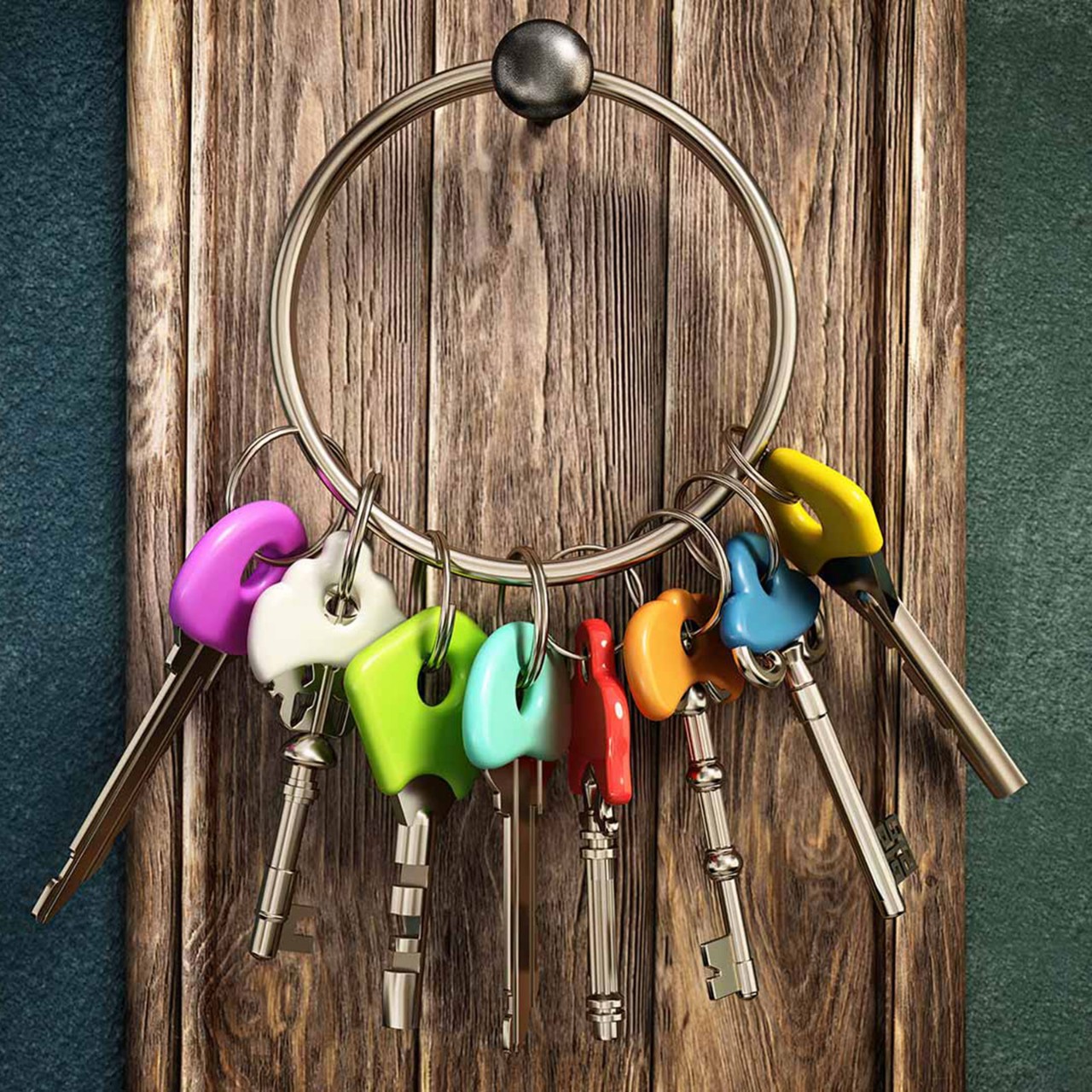
Imagine the azure sky and the finest white sand caressing your feet. You are just about to start your yoga session. The image in your head is pure perfection. All it’s missing are a few wellbeing hashtags: #SelfCare #Wellness #mindfulness.
But is this ‘real’ wellbeing? The answer is ‘yes’ and ‘no’. Most likely, it is the picturesque social media imagery that constitutes maybe 5% of our wellbeing needs. Ever since we moved the concept of ‘being well’ from the realm of impressions to the world of science, we know that there is much more than this. And while there are many general guidelines, there is no one indicator of wellbeing. Yours is not mine, and mine is not yours.
By taking care of your wellbeing you are still increasing your odds
But we need it for the same reason. Every time you feed your mental, emotional, social and physical needs, you put a little bit of wellbeing honey into your jar. Every time something bad happens, somebody steals the honey from your jar. The name of the game is not really to stop them but to make sure you pour in more than is being taken out.
About European Mental Health Week
European Mental Health Week (13-19 May) brings together a diverse array of participants from across Europe, including young people, families, caregivers, mental health advocates, representatives from both the private and public sectors, our members, care professionals, human rights experts, EU-level policymakers, national governments, and numerous other supporters who rally behind this annual event.
Of course, even if your jar is full, bad things can happen: there are genes, geopolitical volatile situations and random events. But by taking care of your wellbeing you are still increasing your odds and staying on top of the game.
Stop for a moment
‘How are you doing?’ We as humans have become really good at turning this phrase into just another ‘Hello’. Whenever you are asked the question, social programming makes you skip its true meaning and go into the casual exchange of pleasantries.
Instead, stop for a moment. Start the day with the question directed at yourself: how are you really doing today? For a moment, don’t be a CFO carrying the burden of the world, a parent who has to be strong for the kids, or a spouse who doesn’t want to worry the loved one.
Check your physical health. Support the observation with all the technology that can help you. Your smartwatch, your wearable or a simple blood pressure machine will provide you with data that you can later work with.
Check your social connections. How are your relationships – not in general, but today? Did you block out any time for them?
Check your emotions. What are they telling you?
Check your emotions. What are they telling you? Recent findings in psychology move us away from the concepts of negative and positive emotions; rather, emotions are pleasant and unpleasant. What is your ratio for today? If there are any unpleasant ones, what are they helping you to cope with?
Check your thoughts. Do you feel focused? Is there clarity? Are there any lingering thoughts that send waves of mental discomfort?
So, how are you really feeling today?
Dive deeper
From that initial pulse check comes the opportunity to dive deeper. You can break each of the categories into smaller containers that will allow you to pinpoint potential areas of improvement. For instance, if you feel like your physical wellbeing is at risk, the answer lies most likely in the field of sleep, diet or movement.
Strategise
Pick areas that you can affect fast, and don’t forget to set up long-term goals. If reading this made you feel like you are supervising a massive business transformation and this slowly starts to look like project management, you are not far off.
Act
Let me use my own example. I used to struggle with sleep. I would wake up around 5am and never fall back asleep. By 5.10am, my brain was at work: running through meetings, planning logistics, eventually checking the rare and few emails that arrived between 10pm and 5am.
Financial professionals have all the potential to be wellbeing superstars
Since I diagnosed that it was seriously affecting the levels of my wellbeing, I decided to lay out potential actions that could help me. Talking to my GP, reading books by professionals, listening to trustworthy podcasts, I compiled a list of simple actions, including:
- removing all blue light from the bedroom (including moving phone charging stations)
- taking photon baths – a fancy name for drinking the morning glass of water while looking through the window towards the light
- delaying my morning coffee.
For the next few months, I tested multiple options, incorporating some into my routines while abandoning ones that didn’t work for me. Result: sleep extended by over an hour. What is your area of improvement?
The biggest shift in wellbeing in the past years is in understanding that a subject that is so multi-layered and vast just can’t be left to chance. Financial professionals have all the potential to be wellbeing superstars because who, if not you, understands planning and resource management?
Join us
ACCA Europe is inviting you to our online 2024 European Mental Health Week event: Mental Health & Wellbeing For Accountants. This will be delivered by Maciej Żylewicz; Lenka Mrazova (leadership mentor and business coach); Ciara O’Connor Walsh (Irish mental health charity A Lust For Life); and Philippos Aristotelous (award-winning business strategist, author, coach, trainer and speaker).
This online seminar will take place on Thursday 16 May. Book your free place; the seminar will also be available on demand afterwards.


